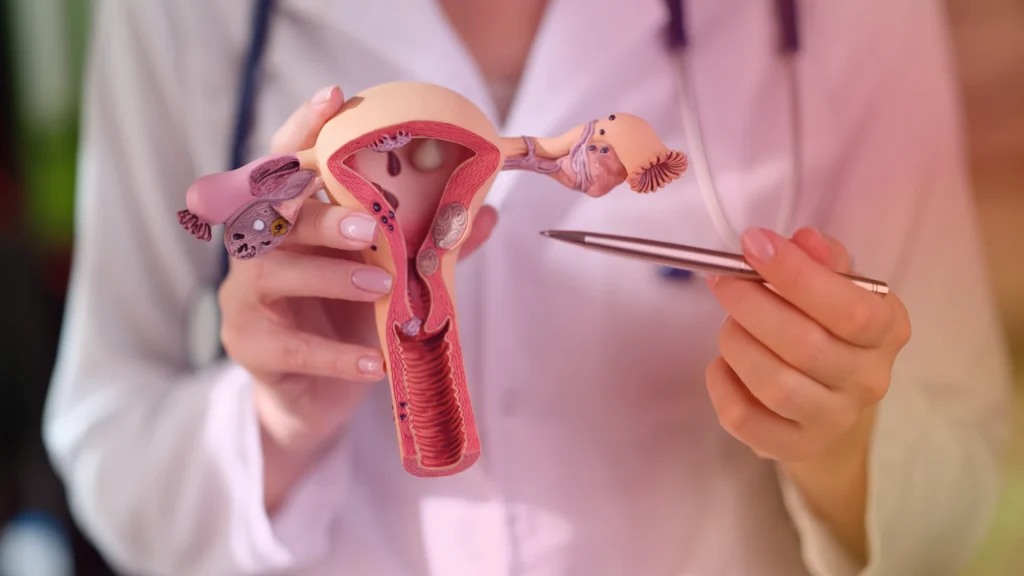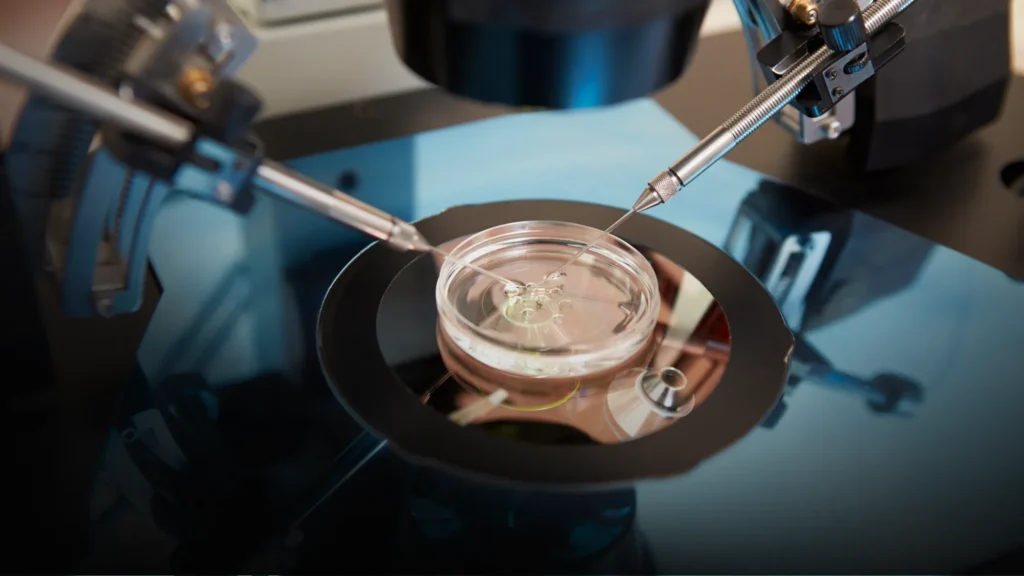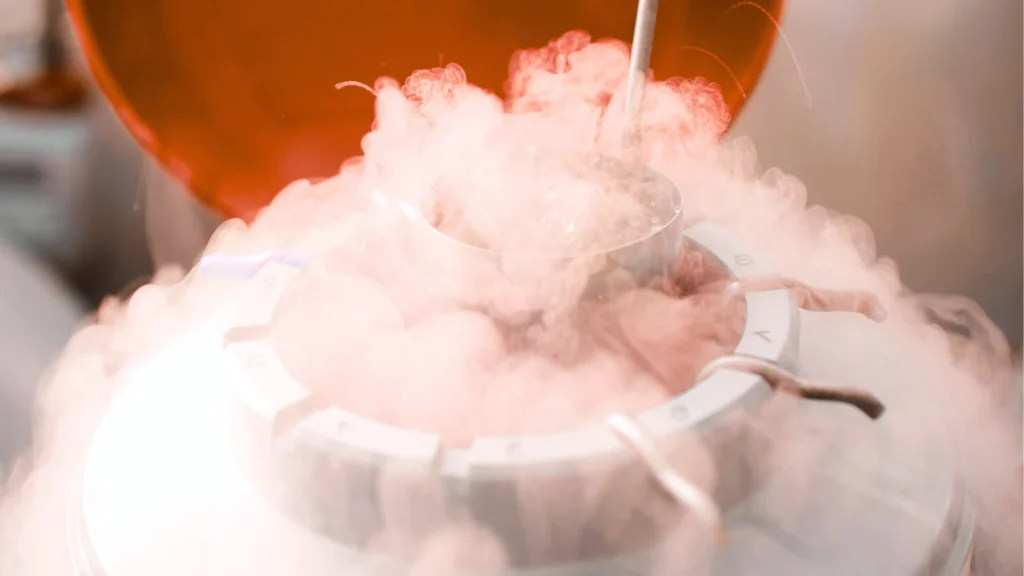Exploring in vitro fertilization (IVF) can feel overwhelming, especially when you’re searching for answers like “How long does IVF take?” or “What’s involved in each stage?” If you’re considering IVF and searching for “in vitro fertilization near me”, understanding the overall timeline can help you plan your journey with clarity and confidence.
Overview: How Long Does IVF Take?
A complete IVF cycle usually takes between 4 to 8 weeks, from the initial consultation to the embryo transfer. However, the exact timeline varies based on individual health, fertility diagnosis, and treatment protocols. Below, we break down each phase so you know what to expect at every stage.
Step-by-Step IVF Timeline
- Initial Consultation and Fertility Assessment (3–4 Weeks)
- Meet with a fertility specialist to review your medical history and run key assessments.
- This stage involves tests and discussions to determine the most suitable IVF plan for you.
- Many patients use this time to search for “in vitro fertilization near me” and select a qualified clinic.
- Ovarian Stimulation (8–14 Days)
- Hormone injections stimulate the ovaries to produce multiple mature eggs.
- During this period, you’ll attend several monitoring appointments with ultrasounds and blood tests to track follicle growth and hormone levels.
- Adjustments to medication are made based on your body’s response.
- Trigger Shot and Egg Retrieval (2–3 Days)
- When the follicles are ready (usually between day 9–15 of your cycle), you’ll receive a “trigger shot” to induce final egg maturation.
- Egg retrieval occurs about 36 hours after the trigger injection, via a simple outpatient procedure under sedation.
- Sperm Collection and Fertilization (Same Day – Day After Retrieval)
- Sperm is collected (either fresh or previously frozen) and combined with the eggs in the lab.
- Fertilization may be performed conventionally or through ICSI, depending on the case.
- Embryo Culture and Development (3–7 Days)
- Embryos are monitored as they develop for up to a week[4][5].
- By day 5–7, embryos reach the “blastocyst” stage, when they are graded for quality.
- Embryo Transfer (Fresh or Frozen: Within Days or in a Later Cycle)
- Healthy embryos are transferred to the uterus, typically 3–5 days after retrieval, if pursuing a fresh transfer.
- In some cases, embryos are frozen for later transfer, which may extend the timeline by a few weeks.
- Pregnancy Test (About 10–14 Days After Transfer)
- A blood test confirms if implantation has occurred and if you’re pregnant.
Summary: Typical IVF Timeline
- Initial Consultation & Testing (3–4 weeks): Medical review, fertility testing, planning
- Ovarian Stimulation (8–14 days): Hormone shots, monitoring, medication adjustments
- Trigger Shot & Egg Retrieval (2–3 days): Final maturation shot, retrieval of eggs
- Fertilization & Embryo Culture (3–7 days): Fertilizing eggs, monitoring embryo growth
- Embryo Transfer (Same week or later): Transferring embryo(s) to the uterus, sometimes after a freeze/thaw cycle
- Pregnancy Test (10–14 days post-transfer): Blood test to confirm pregnancy
What Can Affect Your IVF Timeline?
- Personal health and fertility diagnosis
- Age and ovarian reserve
- Response to medications
- Choice between fresh and frozen embryo transfer
- Clinic protocols
Every IVF journey is unique. Some patients may require more than one cycle or additional treatments, so timelines can vary.
Looking for In Vitro Fertilization Near Me?
If you’re ready to take the first step, searching for “in vitro fertilization near me” will help you find a trusted clinic like Hope Fertility. Our experienced team guides you through each stage, offering support, clear communication, and leading reproductive technology to maximize your chances of success.
Ready to start your IVF journey or want more details? Contact Hope Fertility today for a personalized consultation. Your path to parenthood begins with the right information and care.




